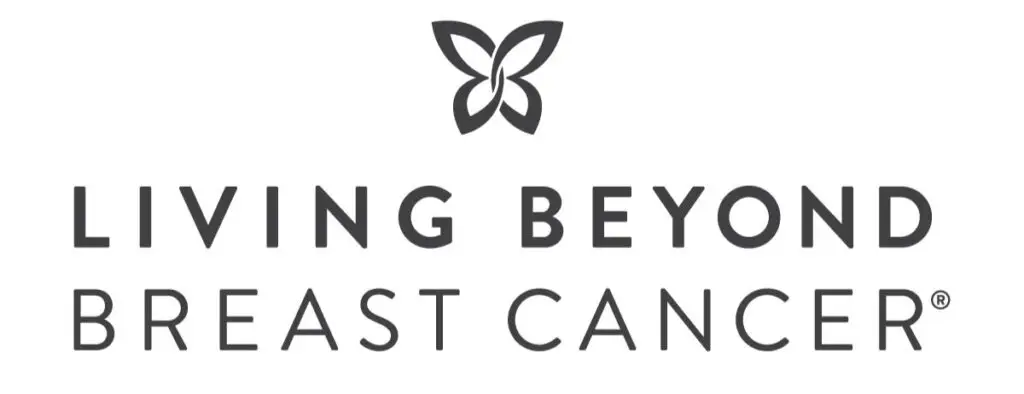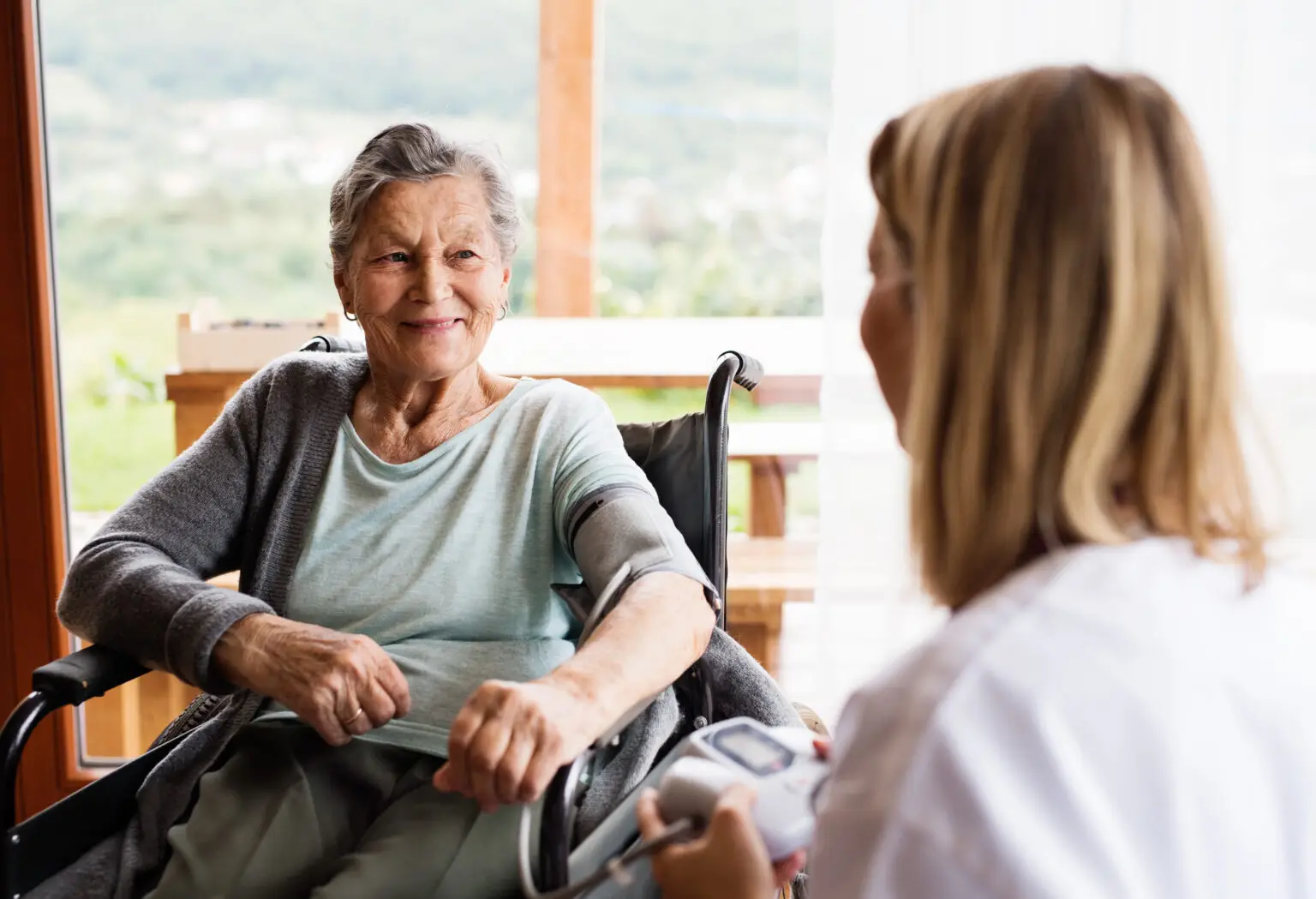
This year’s annual LBBC Conference on metastatic breast cancer (MBC) was a hybrid gathering of researchers, doctors, and advocates coming together to discuss the latest advances in precision medicine, ongoing research updates, and clinical trials. It was a forum for sharing the many resources available to those living with MBC.In the breast cancer community–where resources are often disproportionately focused on early-stage survivorship–those with metastatic breast cancer, who will be in treatment for the rest of their lives, can feel isolated and misunderstood. This event was an excellent opportunity to focus solely on the needs of this important patient population.
“At one time, a diagnosis of distant recurrence or de novo stage IV meant that death from breast cancer was likely to be imminent. Today, with the development of new therapies … MBC is not the immediate death sentence it once was.” – Fred Hutchinson Cancer Research Center
Clinical Trials
New therapies are improving survival for metastatic breast cancer patients, but their success is completely dependent on clinical trials–and getting meaningful results requires a large number of participants. In a keynote focused on clinical trials, breast oncologist, Dr. Kaklamani, MD, DSc, explained the importance of these trials in MBC. She, along with two patient advocates who are living with MBC, explained:
- How clinical trials can come into play at different points in your care (at initial diagnosis or after multiple lines of treatment)
- How to find trials
- How to speak to your doctor about the trial
- The steps to enroll in a trial
- The deep disparities in access among patient populations.
Dr. Kaklamani explained that the ongoing challenge for researchers is finding enough people to participate. Less than 5% of adults with a cancer diagnosis participate in clinical trials. She encouraged patients to find tools to help them do research into clinical trials for themselves and bring potential options to their doctors. Often, oncologists don’t have the time to explore trials during clinic visits but this does not mean that patients should assume there are no opportunities for them.
Outcomes4Me is one tool that may be helpful in this search. The mobile app enables cancer patients to take control of their care based on information that is personalized to their condition. This includes finding treatment options, matching to clinical trials, and tracking and managing symptoms. In addition, a Clinical Trial Finder is available for patient and provider use.
Hot Topics in MBC Advocacy
Joanna L. Fawzy Morales, Esq, a cancer rights attorney and CEO of Triage Cancer, a national, nonprofit organization providing free education on practical and legal issues that impact cancer patients, provided a thorough update on the hottest topics in MBC patient advocacy in 2022.
Access to investigational therapies through compassionate use pathways.
Being part of a clinical trial is the most common way that patients receive investigational drugs (drugs that have not yet been “FDA-approved). The term “compassionate use” means that a patient is allowed to receive a drug even though their situation does not meet the eligibility criteria of a clinical trial in which a drug is being studied. Patient advocates are working to grow awareness and education about the two potential paths to accessing an investigational therapy for patients who do not meet a clinical trial’s inclusion/exclusion criteria. The standard is called Expanded Access and has been a trusted path since the 1970s. An alternative option is legislation known as Right to Try. The main difference between the two paths is that Right to Try allows the patient to bypass FDA approval for their use of the investigational therapy which in theory could speed up access to the medicines.
The No Surprises Act
New in 2022! The No Surprises Act is a win resulting from the work of patient advocates fighting financial toxicity in oncology care and establishes new federal protections against surprise medical bills that contribute to the issue. Surprise medical bills arise when insured patients inadvertently receive care from out-of-network hospitals, doctors, or other providers they did not choose. The act went into effect on January 1st of this year, requiring health care providers, facilities, and health plans to provide upfront costs to consumers. This includes potential out-of-network costs.
Issues Surrounding timely access to Paid family and Medical Leave.
Immediately upon diagnosis of MBC, patients are eligible to apply for disability benefits under the Compassionate Allowances program. The program is intended to expedite the processing of Social Security Disability Insurance (SSDI) and Supplemental Security Income (SSI). Compassionate Allowance speeds the application and disability designation; however, even when found disabled by SSDI, patients will not begin to receive disability checks until the beginning of the sixth month after their disability date. Reducing the time from applying to receiving support is an ongoing focus for patient advocates in 2022.
Personalized medicine: the role of testing in metastatic breast cancer
Dr. Nikhil Wagle a medical oncologist at Dana-Farber Cancer Institute led a session on personalized medicine in MBC that educated patients on the differences between germline (born with) and somatic (acquired by tumor cells) mutations and the importance of testing for these to open up more treatment options.
Dr. Wagle leads a translational research program in cancer genomics and cancer precision medicine, with a particular focus on MBC. He believes that the personalization of breast cancer care will be the major player in the future of improving outcomes. Success in this approach starts with strategies to ensure screening of all MBC patients. A study conducted by Outcomes4Me revealed that despite the increasing awareness of the importance of genomic testing, only 28% of advanced breast cancer patients received it.
Science is moving rapidly and patients should consider searching for clinical trial opportunities where their tumor can be profiled in a deeper way which can potentially lead them to access targeted drugs and improve outcomes.
To learn more about your latest treatment options as they relate to the latest NCCN Guidelines®, download the Outcomes4Me app today. You can also access your medical records and Outcomes4Me can provide you with a free, easy-to-read, customized summary report of your records. You’ll know what research is relevant to your breast cancer diagnosis instantly. Our clinical team will review your data to make sure your treatment plan matches the latest NCCN guidance. Outcomes4Me can also match eligible breast cancer patients with clinical trials when they are the best treatment option.




